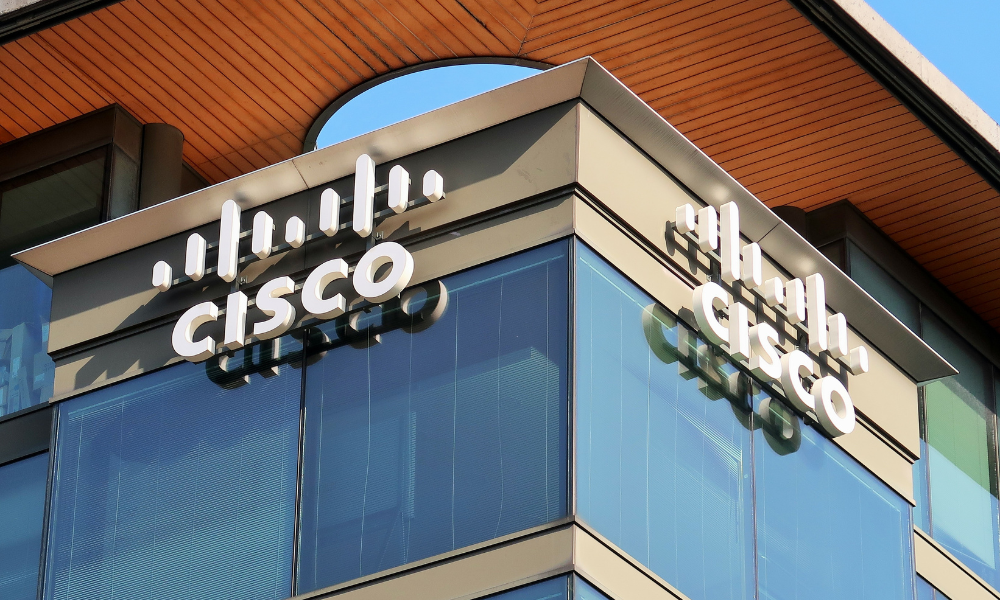A Cisco study revealed that while most chief executive officers (CEO) recognize artificial intelligence (AI)'s potential and plan to integrate it into their businesses, many are concerned about knowledge gaps, infrastructure challenges, and the risk of falling behind competitors.
Cisco's research surveyed over 2,500 CEOs worldwide and found that 74 percent are concerned about making AI-related decisions in the boardroom, while 58 percent worry that uncertainty could slow their company's growth.
Despite these concerns, many CEOs are taking steps to prepare for an AI-driven future. Cisco's chief product officer, Jeetu Patel, noted that organizations prioritizing AI adoption will be better positioned to generate value and remain competitive.
The study found that more than 70 percent of CEOs are concerned that limited information technology (IT) investment could cause them to fall behind competitors. More than half believe they are losing competitive advantage due to insufficient technology spending, while two-thirds are considering the potential costs of not investing more in digital infrastructure. Many CEOs anticipate that without AI adoption, they may experience higher operating costs, lower profits, reduced productivity, and declining market share.
While some organizations are cautious, others are investing in AI to improve efficiency (69 percent), drive innovation (68 percent), and strengthen their competitive position (54 percent). However, implementing AI presents challenges, including skills shortages, infrastructure limitations, and security risks. The study also noted a difference in priorities between CEOs and their technology executives—while chief information officers (CIO) and chief technology officers (CTO) often focus on operational concerns, such as identifying AI use cases, CEOs tend to emphasize broader strategic objectives.
In a statement, Oliver Tuszik, president of Cisco (Europe, Middle East, and Africa), highlighted that 96 percent of CEOs are working with external partners to support their AI adoption strategies.
CEOs plan to invest in skills development, modernize IT infrastructure, and enhance cybersecurity to address challenges in AI implementation. The study found that nearly 80 percent of CEOs see CTOs and CIOs as key in shaping AI-related business decisions. Many organizations now view technology investments as supporting growth, resilience, and innovation.





